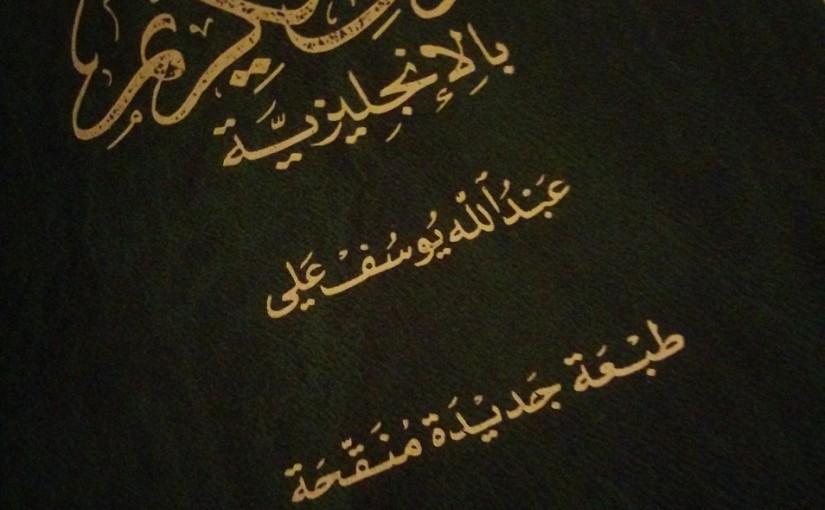As-salaam wa-alaikum, brothers and sisters.
Summary
Today’s episode is from Surah 90, Al-Fajr or the Dawn, verses 1-14. This is a very short Surah, only 30 verses total, but we’ll still break it into two pieces so as not to get ahead of ourselves in terms of average verses recited per day, essentially our pace of recitation. Remember that reading the Qur’an and understanding Islam is a marathon, not a sprint.
Tafseer for this 14 verses deals with the mystic symbols which call our attention to God and contrasts them with examples of ancient nations and people who defied the will of God and thus were visited with terrible punishments.
If you enjoy the podcast, HELP SPREAD THE WORD! Tell your friends and family, subscribe in iTunes or Stitcher and write us a review.
Verses
Bis-millahi ar-rahman, ar-raheem.
In the name of Allah, most gracious, most merciful.By the Break of Day, [1] By the Nights twice five;[2] By the Even and Odd (contrasted);[3] And by the Night when it passes away-[4] Is there (not) in these an adjuration (or evidence) for those who understand?[5]
See you not how your Lord dealt with the people of ‘Ad-[6] Of the (city of) Iram with lofty pillars,[7] the like of which were not produced in all the land?[8]
And with the Thamud, who cut out (huge) rocks in the the valley?-[9]
And with Pharaoh, Lord of Stakes?[10]
(All) these transgressed beyond bounds in the lands.[11] And heaped therein mischief (upon mischief).[12]
Therefore did your Lord pour on them a source of diverse chastisements:[13] for your Lord is (as a Guardian) on a watchtower.[14]
Ameen.
Tafseer
 “Nights twice five” refers to the first 10 nights of the Islamic month of Dhul Hijja, the sacred month of the Haaj.
“Nights twice five” refers to the first 10 nights of the Islamic month of Dhul Hijja, the sacred month of the Haaj.
“Even and odd (contrasted)” refers to the fact that even and odd follow each other in regular succession: each is independent and yet neither is self-sufficient. All things go in pairs.
There is a fascinating bit of commentary, from the noted translator Yusuf Ali, which ties the first 5 verses together: He says,
Note the gradation in spiritual awakening and their symbols: first, the turn of the night, when just the first rays of daylight break through; secondly, the social and institutional rites of religion, like the 10 nights of the Haaj; thirdly, when the usual contrast between the Here and Hereafter vanishes, and we can see heaven even here; and lastly when this world vanishes, the full light of Day arrives, and we see Reality face-to-face.
Again from Yusuf Ali:
All these mystic Symbols draw our attention, like solemn adjurations in speech, to the profoundest mystery of our inner life. ie, how from the utter depths of darkness – ignorance and even degradation – Allah’s Light can lead us by contrast into the sunshine of a glorious spiritual Day. The contrast suggests the opposite as a corollary – how resistance to Allah’s light can destroy us utterly, converting our greatness or glory to perdition, as how happened with the people of Arab antiquity – the ‘Ad, and the Thamud and Pharaoh of Egypt.
This concludes today’s episode of the 17 Verses Podcast. I hope that this selection has helped increase your understanding of the holy Qur’an just a little bit.
Thank you and be well.
